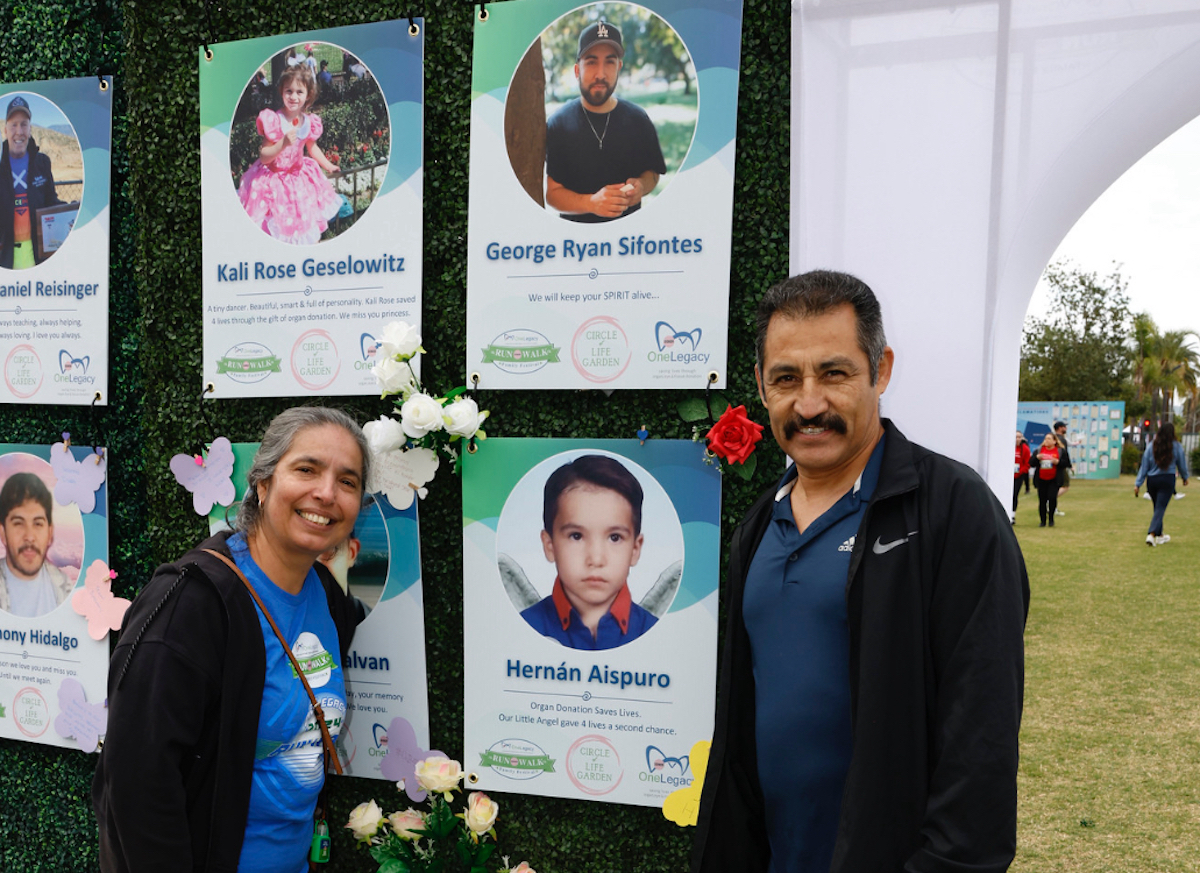A Hispanic Mother’s Mission: Transforming Organ and Tissue Donation Awareness
When Maria Rodriguez lost her 12-year-old son to a sudden illness in 2018, she turned grief into purpose by championing organ and tissue donation awareness in Hispanic communities. The Miami mother’s grassroots campaign has since educated thousands, addressing cultural barriers and saving lives through bilingual outreach, church partnerships, and social media advocacy. Her work highlights a critical need—while Hispanics represent nearly 19% of the U.S. population, they account for just 13% of registered organ donors.
Bridging the Gap in Hispanic Communities
Rodriguez’s journey began when doctors asked about donating her son’s organs. “In our culture, we often avoid discussing death,” she explains. “But one donor can save eight lives. That knowledge became my light in the darkness.” Her story reflects a national challenge: A 2023 study by Donate Life America found that 58% of Hispanic families decline donation requests—double the national average—due to religious concerns, mistrust of medical systems, or lack of information.
Key barriers include:
- Myths: 44% believe doctors won’t work as hard to save registered donors (Source: National Kidney Foundation)
- Language gaps: Only 28% of transplant education materials are available in Spanish
- Religious misconceptions: Many assume faiths prohibit donation, though major denominations support it
Grassroots Strategies Making an Impact
Rodriguez’s nonprofit, Corazones Unidos, trains volunteers to host “charlas” (talks) at local businesses and festivals. “We serve tamales while explaining the process,” she says. “Food builds trust.” Her team also partners with clergy to clarify theological stances—a tactic endorsed by Dr. Carlos Garcia, a transplant surgeon at Johns Hopkins.
“Cultural competence saves lives,” Garcia emphasizes. “When educators share backgrounds with their audience, consent rates rise by 40%.” This approach has proven effective: Rodriguez’s efforts contributed to a 22% increase in Hispanic donor registrations across Florida since 2020.
The Ripple Effect of Personal Stories
By spotlighting recipients like Sofia Mendez, a 7-year-old who received a heart from a Puerto Rican donor, Rodriguez makes statistics personal. “That heart carried salsa rhythms,” Mendez’s mother tearfully shared at a recent event. Such narratives resonate deeply in collectivist cultures where family and community ties are paramount.
However, challenges persist. Some advocates argue systemic issues like healthcare access must also be addressed. “You can’t promote donation without fighting for equitable transplant access,” notes Luis Hernandez of the National Hispanic Medical Association. While Hispanics need 30% more kidney transplants than white patients, they’re 60% less likely to receive them (per American Journal of Transplantation).
The Road Ahead: Policy and Education
Rodriguez now advises state legislators on policies like:
- Mandating bilingual donor registration options
- Funding culturally tailored PSAs on telenovelas and radio
- Expanding hospital liaisons for grieving families
Her next goal? A national registry for bone marrow matches targeting mixed-race Hispanics, who face greater difficulty finding donors. “Every ‘no’ I heard taught me to try harder,” she says. “This isn’t just medicine—it’s love in action.”
Call to Action: To support Rodriguez’s mission, visit CorazonesUnidos.org or text “VIDA” to 51555 for Spanish-language donor resources. As she often reminds audiences: “Our pain can plant seeds of hope. Say ‘yes’ to life.”
See more WebMD Network



